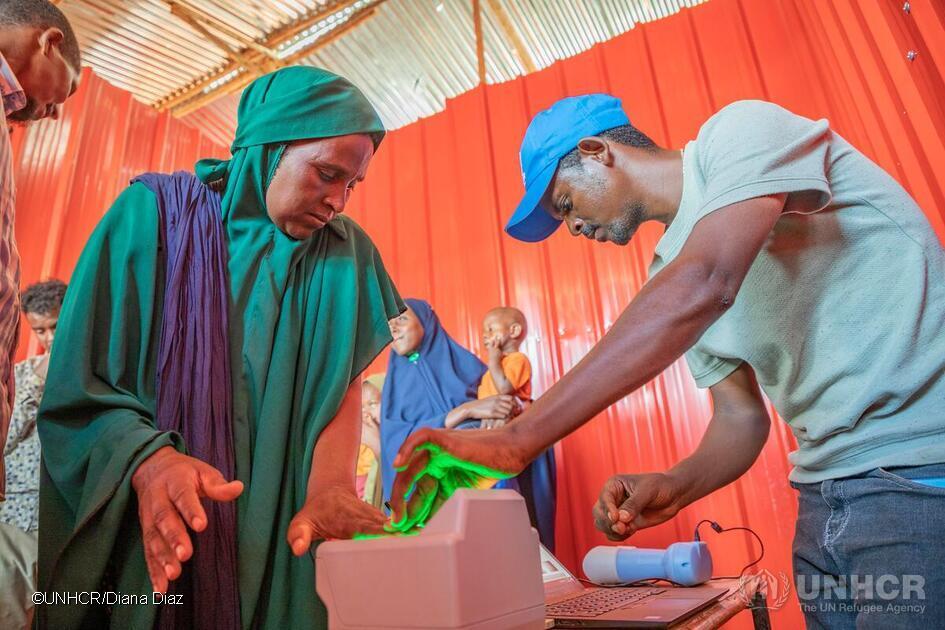
Jul 22, 2024
In 2002, UNHCR introduced biometrics, and leveraged the technology to manage the identity of the people it serves effectively. By capturing up to 10 fingerprints, 2 irises and a face photo during the initial encounter, biometrics play a crucial role from confirming an individual’s physical presence to providing assistance. UNHCR’s Biometric Identity Management System (BIMS) serves a diverse user base including UNHCR staff, partners, governments, and soon refugees themselves through self-service applications, all in a user-friendly manner. While BIMS has undergone countless improvements throughout the years, the biometric scanner devices used have remained largely unchanged.
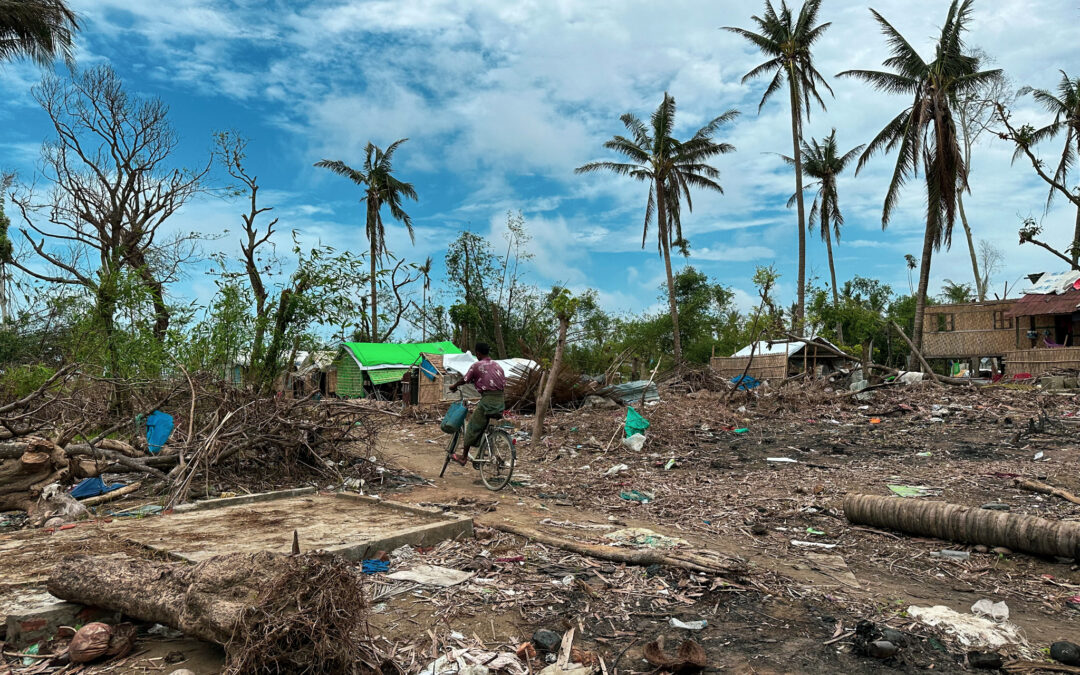
Sep 27, 2023
The impact of Cyclone Mocha on Dar Paing village. © UNHCR/Reuben Lim Wende By Andrea Pellandra and Geraldine Henningsen Forced displacement is a pressing global challenge that has become increasingly complex in recent years. The number of forcibly displaced...
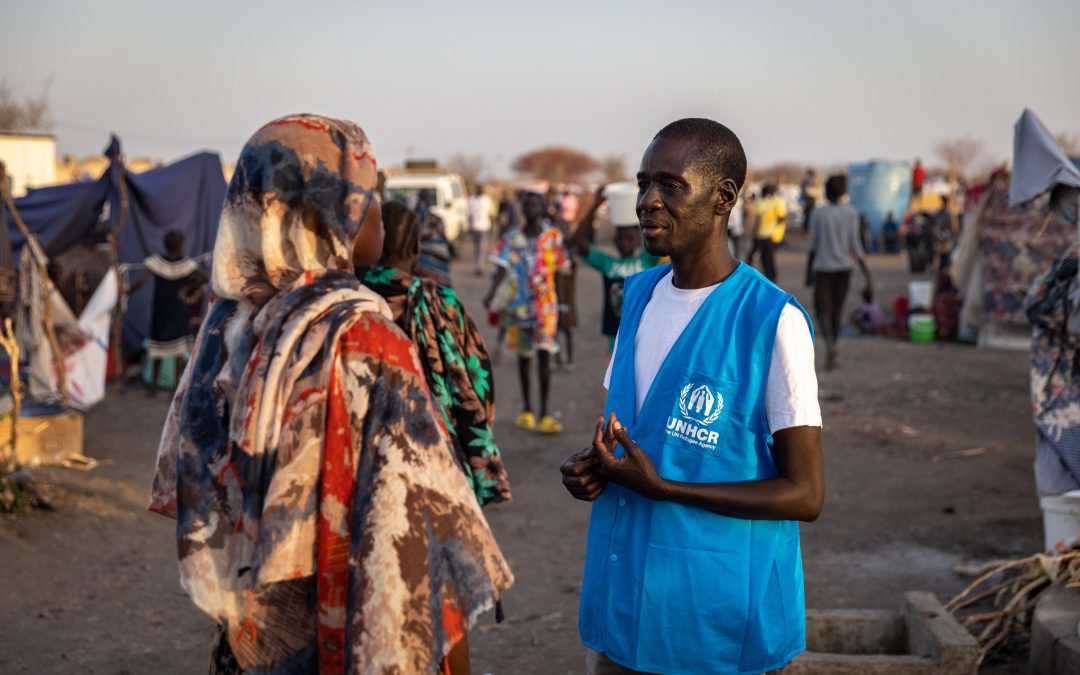
Sep 7, 2023
When the armed conflict in Sudan broke out in mid-April 2023, UNHCR conducted the last stages of its revamped Emergency Registration Learning Programme (ERLP). 20 staff from various locations across the world were trained in refugee registration and identity management in emergencies, enabling them to develop and implement efficient and strategic registration processes for emergency situations. They were quickly deployed, as the situation in Sudan only worsened. While the country used to be home for the second highest refugee population in Africa, the renewed conflict has now displaced over 800,000 people inside Sudan.

Aug 2, 2023
When UNHCR, the UN Refugee Agency, began collecting biometrics in 2002, it was for one local and very specific use case: To facilitate fair and single-time cash grants, irises of Afghan refugees in Pakistan were collected.
Alongside many developments in biometrics over the past two decades, UNHCR explored and implemented different biometric tools in different regions and for different purposes. Since the beginning, biometrics brought direct benefits to refugees, UNHCR, and partners alike, and are now considered an integral component of registration data in over 90 UNHCR country operations globally.
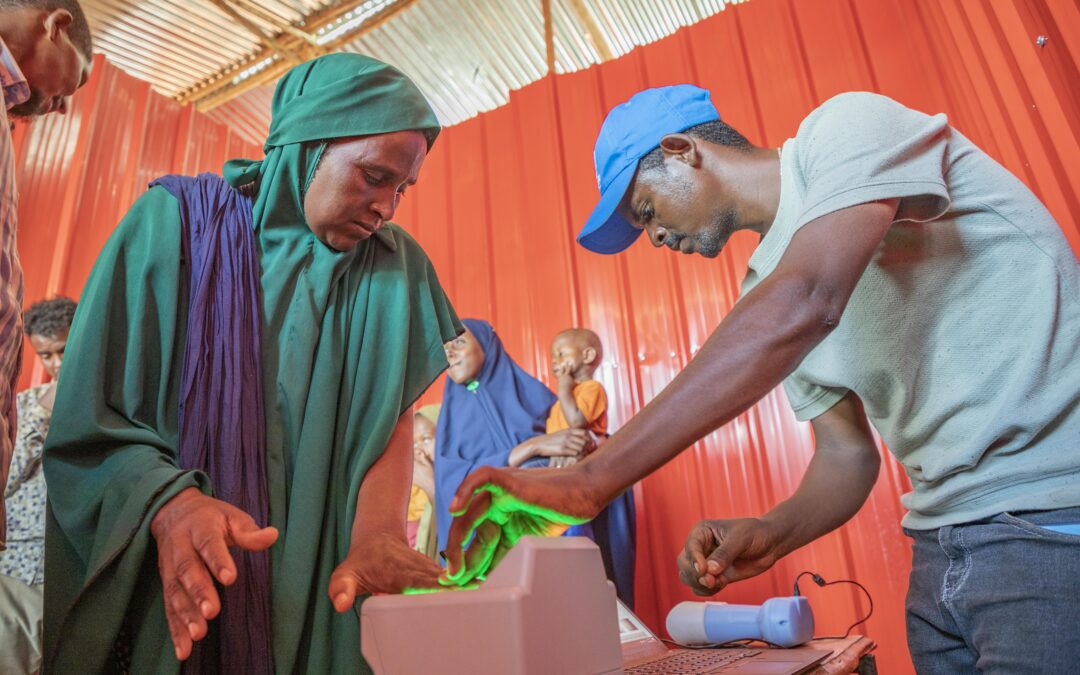
May 10, 2023
UNHCR, the UN Refugee Agency, uses a Biometric Identity Management System – or BIMS for short – for biometric enrolments of people forced to flee. It is our primary biometric system within our registration and identity management ecosystem and used in 93 countries across the world.
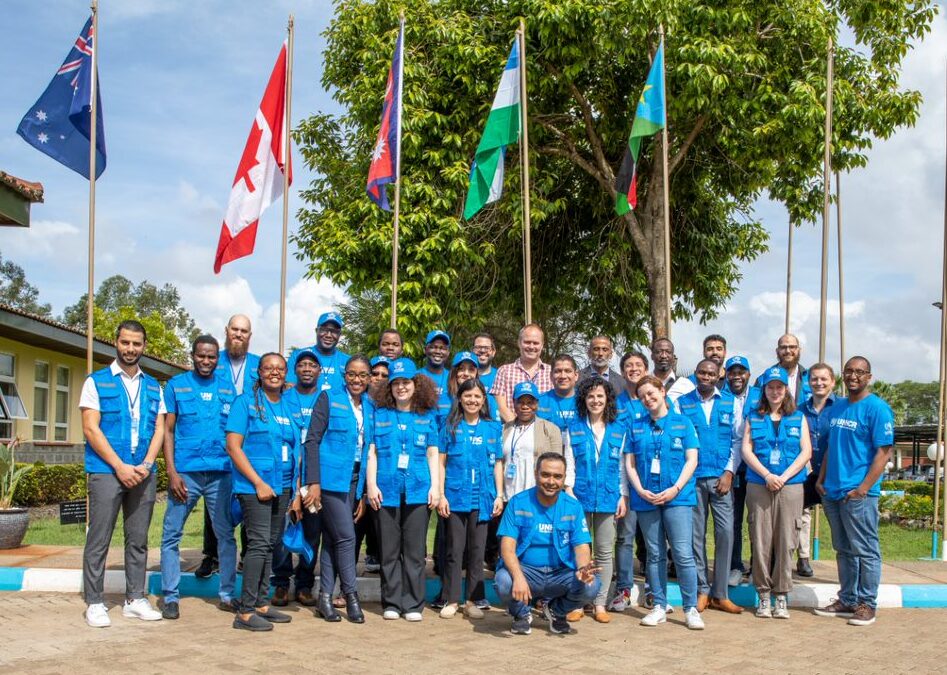
May 9, 2023
The typical emergency response relies heavily on UNHCR’s ability to quickly scale up on staffing, budgets, and activities that deliver assistance and protection. UNHCR works with a roster of registration colleagues, who can be deployed within 72 hours when a new emergency arises and has developed a revamped Emergency Registration Learning Programme for colleagues.
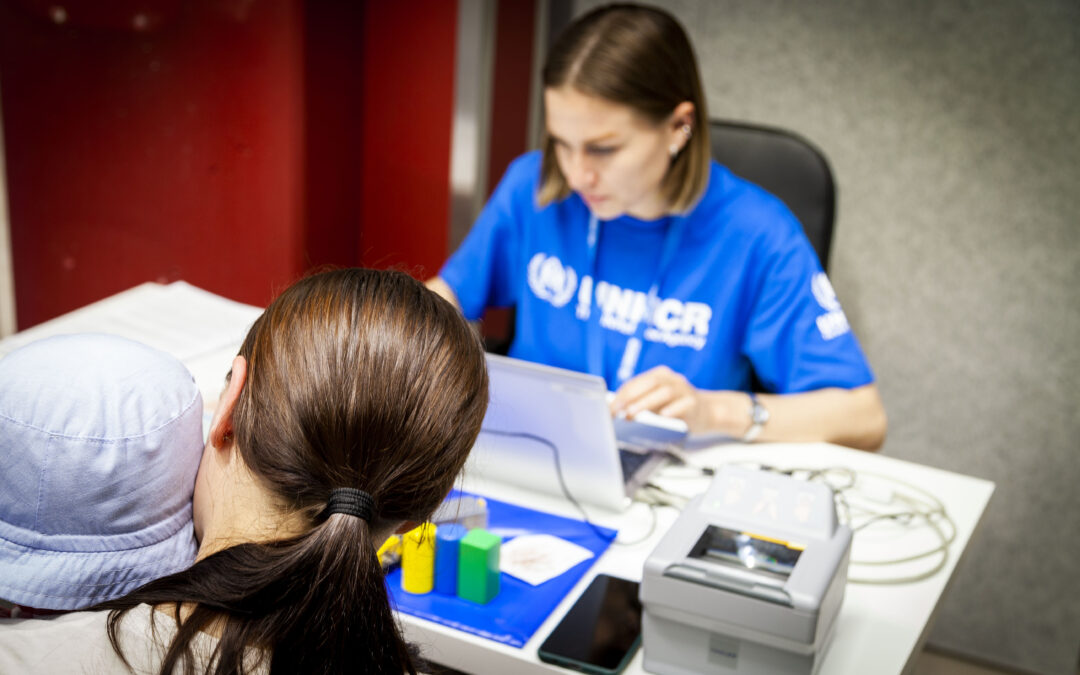
Mar 28, 2023
UNHCR enters 2023 with the General Policy on Personal Data and Privacy (GDPP) issued by the High Commissioner. The new policy establishes an updated and unified data protection and privacy framework applicable to the collection, use and sharing of personal data of all individuals by UNHCR, fostering trust among people we serve, staff, partners, and donors.

Mar 6, 2023
In today’s rapidly evolving digital world, personal data protection has become a critical issue. With the exponential growth of big data, large amounts of personal information are being collected, stored, and processed, making privacy a major concern for individuals, organizations, and governments alike. To safeguard personal data, it is vital to adopt Privacy Enhancing Technologies (PETs), which are a range of innovative technical solutions designed to enhance privacy and protect personal data. These technologies use encryption and other methods to secure personal information and prevent unauthorized access. As technology continues to advance, so does the potential for privacy technologies to protect personal data in a variety of ways.
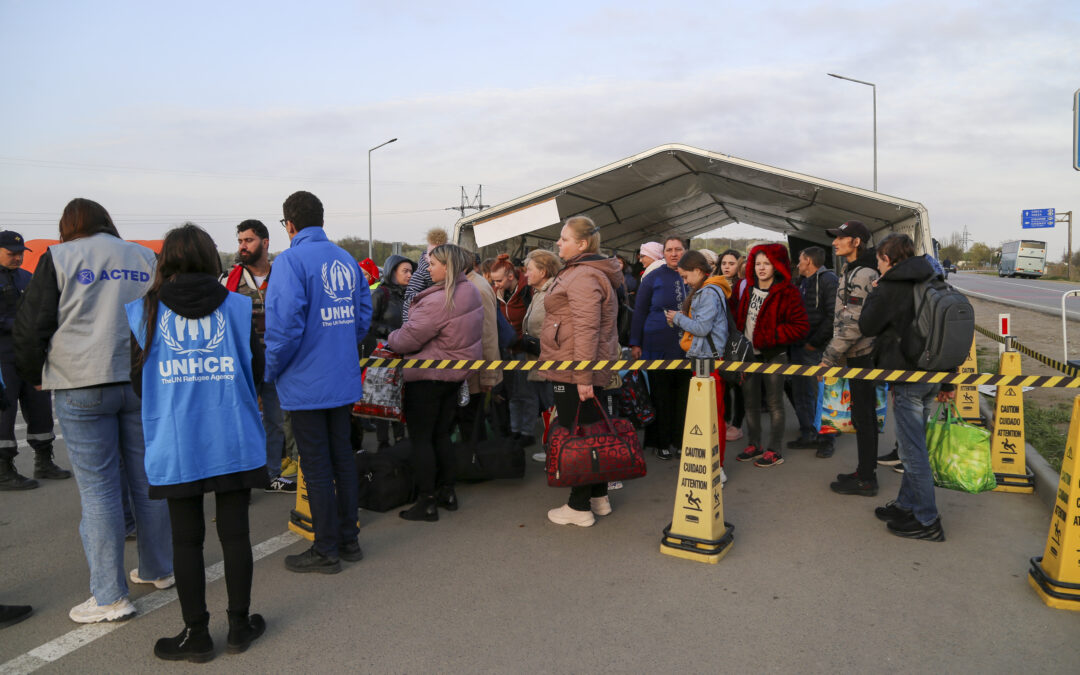
Feb 10, 2023
UNHCR developed a Nowcasting dashboard to provide an estimate of actual forced displacement figures when official figures are unavailable with an accuracy of close to 99% compared to officially published figures at the global level. These nowcasts are incredibly important in the humanitarian sector as they inform UNHCR and its partners of the rapidly changing situation in almost real-time and enable more efficient decision-making such as emergency resource allocation.
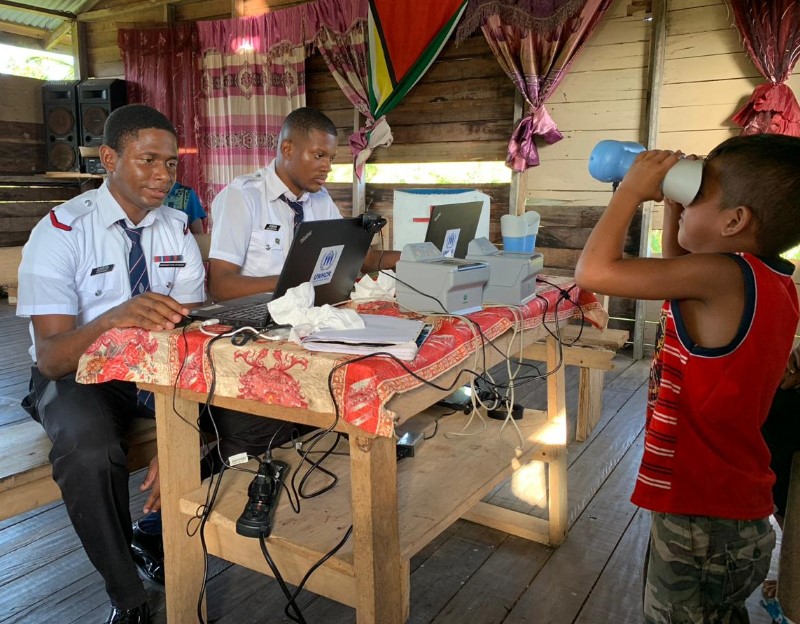
Feb 17, 2020
The use of UNHCR’s “PRIMES” system facilitates collection of data to assist Venezuelans and others in need of basic services in Guyana.










